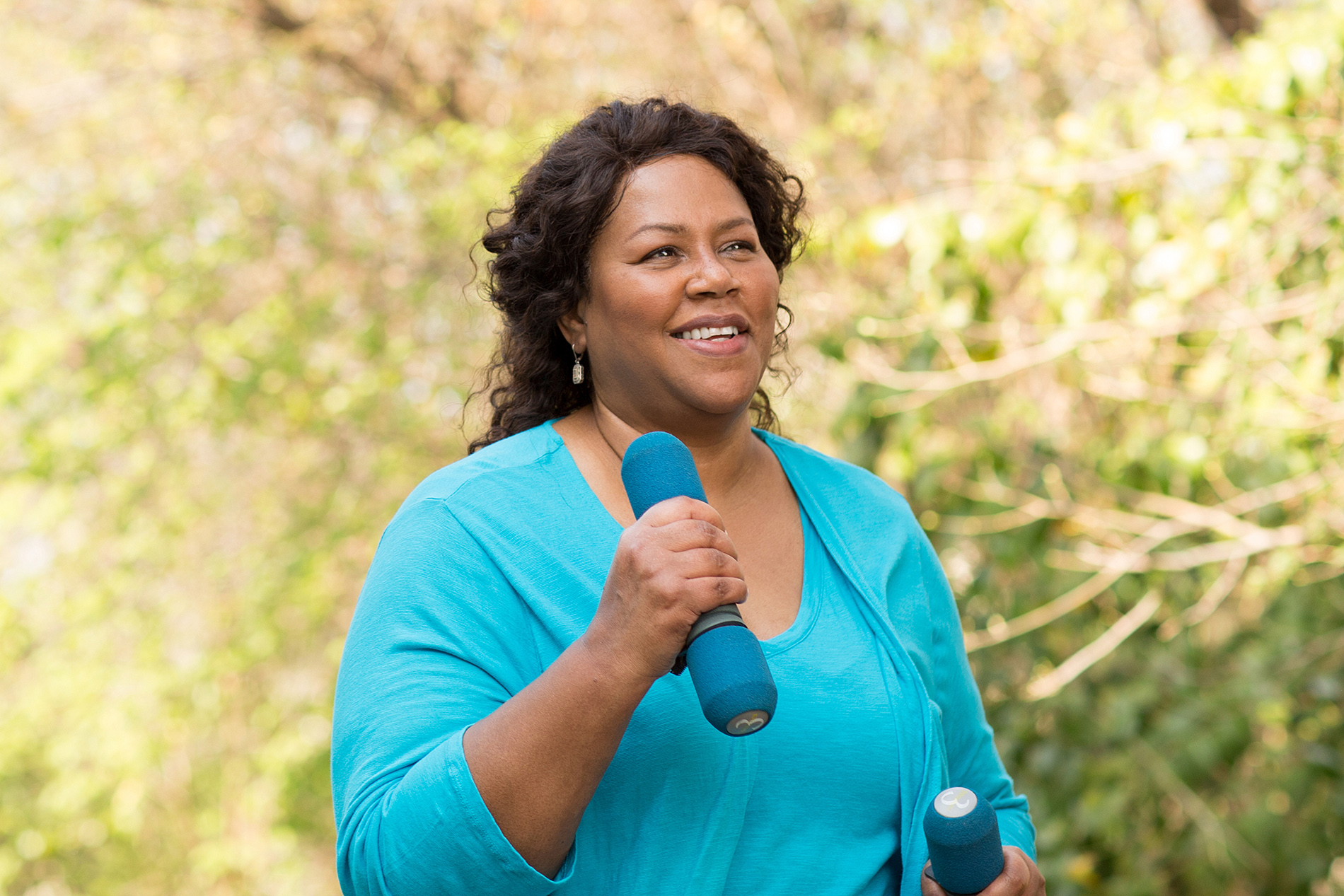By Kay MacInnis, registered dietician
South Carolina has the 6th highest percentage of adults with diabetes in the nation. That means about 556,000 people in South Carolina are estimated to have diabetes.
November if Diabetes Awareness Month - the perfect time to learn how to lower your risk for diabetes or to control it if you've already been diagnosed. Here are some lifestyle tips to help manage pre-diabetes or diabetes.
Eat well
- Include lots of non-starchy vegetables in your diet.
- Choose whole foods over processed foods whenever possible.
- Drink water, unsweetened tea, coffee and calorie-free drinks instead of sugar sweetened beverages.
- Limit starchy or sugary foods by eating them less often and in smaller portions.
- Regular, timely meals.
Move more
Exercise or movement is an important tool in lowering blood sugar. Guidelines suggest getting 30 minutes of moderate or vigorous physical activity most days of the week. A few easy ways to increase your daily activity level is to walk while talking on the phone, park a little further away when shopping or take the stairs instead of the elevator. Try to also incorporate resistance training at least two days a week.
Improve sleep habits
Working on getting to bed a little earlier. The sleep we get before midnight is the most restorative sleep.
Try to turn off devices like cell phones, computers and televisions at least 30 minutes before going to bed. The blue light from these devices can interfere with your circadian rhythm.
Manage stress
Don't try to change every aspect of your lifestyle all at once. Take the pressure off yourself by making one or two small changes at a time.

Kay MacInnis, RDN, LD, Diabetes Care and Education Specialist






Leave a comment